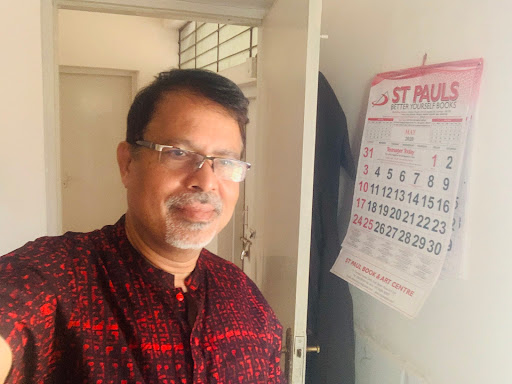Together with orphans and strangers, widows were considered among the least in Jewish society. Because Jewish culture assigned the role of breadwinner exclusively to men and never to women, the passing away of the male spouse left the widow the task of singlehandedly taking care of the family, without the means to do so. Ancient Jewish custom did not accord inheritance to widows, leaving them truly with a handicapped future.
This sorry situation for widows serves as the backdrop for the readings today. In the first reading from the First Book of Kings, a poor widow from Zarephath, though suffering from a severe drought, generously shared the last meager food for her and her son with the prophet Elijah. The poor widow was rewarded with food and oil for her and her son until the drought ended.
In the Gospel reading Jesus commends the generosity of the poor widow in giving two small coins, giving “from her poverty and putting in everything she had, her very living.”
In today’s readings we see the generosity of the widow of Zarephath and of the widow at the temple treasury: they were willing to share and give the very little they had, their “very living”: “I am just now gathering some sticks so that I may go in and prepare something for myself and my son to eat - - and die.”
It is easy to give from one’s abundance. To give away millions is nothing for one who has billions; to give out one’s last two coins with nothing left defies logic. The two widows in today’s readings give from their poverty, from their “very living.” In rewarding the widow who was willing to share all she had with Elijah, God was rewarding her great generosity. In commending the widow at the treasury, Jesus was teaching his disciples the meaning of true generosity.
Generosity is the willingness to give and to share with others. The rich who contributed much to the treasury were very generous. By praising the poor widow for “putting in more than all those who gave offerings,” our Lord was teaching us that generosity was not merely the willingness to give and share: generosity was the willingness to give with great love.
This qualifier about love in giving totally changes the tenor of giving. If generosity involves giving in love, then the element of self-sacrifice comes in. An act can be considered “loving” if it involves self-forgetting. Key to Christian giving is the element of self-renunciation for the sake of the beloved. This notion of self-sacrifice, of self-forgetting, of self-renunciation which is an essential component of Christian generosity is clearly embodied in today’s readings. Because the two widows gave what were truly precious to them, we see the aspect of self-sacrifice which gives power and authenticity to their giving.
In his latest encyclical Pope Francis writes, “I distrust charity that costs nothing and does not hurt.” Indeed this sums up and confirms the lessons from today’s readings: authentic giving has its cost; Christian generosity does hurt.





No comments:
Post a Comment